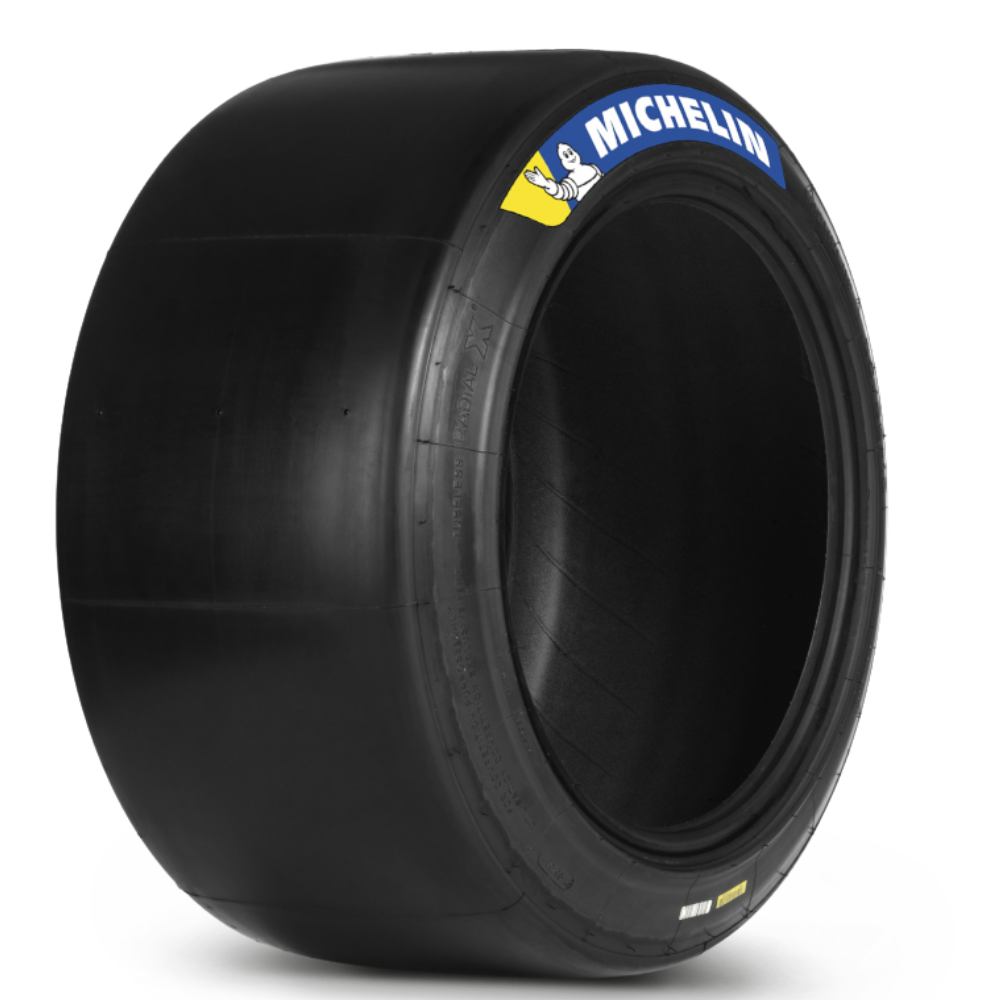Michelin Tires is widely recognized as the top tire brand in the world because of their commitment to a high-quality product and innovation. Factors like their advanced tire technology, safety, performance and wide selection of tires make them stand out from the competition.
Michelin has been in the tire and mobility industry since 1889, originally opening their shop in France. Canada’s first Michelin tire plant came to Nova Scotia in 1969, swiftly becoming a household name across Canada.
But what exactly makes Michelin the best in the world? Keep reading to learn more!
Tread Design
Not all tread designs are equal; certain driving conditions require different tread designs. A tire's performance depends on the treads' quality and design. Factors such as weather, seasonality and road conditions play major roles in a driver’s safety and driving experience.
In wet conditions, tread channels act like a water pump that displaces water away from the tire and back onto the road. High-quality tires like Michelin’s have large groove ratios that dispel water in milliseconds. Looking at your winter tires, you’ll notice thin slits all along the rubber surface. These are called sipes, and they improve traction while driving in wet or icy conditions.
However, tires with small groove ratios provide better traction in dry conditions. The more rubber in direct contact with the ground, the better your tires handle and perform on dry land. Too many sipes on a dry road will reduce the rigidity and efficacy of a tread pattern. To mitigate this, Michelin created complex, 3-dimensional self-locking sipes that lock together while you drive, stabilizing the tire and maintaining rigidity.
Rubber Compounds
Michelin tires have over 200 ingredients! Tires might seem like a simple, easy-to-make product, but there are a vast number of factors that tire manufacturers have to consider. Things like safety, fuel efficiency, eco-friendliness and performance are vital considerations.
Tires have five different component groups:
- Natural Rubber: the tread layer’s primary component in all tires.
- Synthetic Rubber: used supplementally in car, van and 4x4 tire treads.
- Carbon Black & Silica: improves durability and acts as a reinforcing agent.
- Metallic & Textile Reinforcement Cables: geometric-shaped skeleton that provides rigidity in the tire.
- Numerous Chemical Agents: unique properties are used depending on the type and performance of the tire, like providing ultra-high grip in slippery conditions.
Tire Technology
Michelin’s tire-making process can be broken down into five steps:
- Performing thorough market research
- Developing and mixing the materials
- Designing multiple tire options
- Manufacturing the tire
- Quality control
When necessary, Michelin will invent machines to perform the unique tasks required to reach their innovation goals. Their development team consistently researches the average person’s driving habits and tire usage, which puts Michelin ahead of the curve.
Bottom Line
Canada Custom Autoworks proudly supplies Michelin tires. From Porsche Cup N2’s smooth racing tires to the winterized and studded X-ICE North 4’s, we proudly carry over 50 different Michelin tires.
Michelin tires are the top choice for many Canadians, regardless of season. Tires can be expensive, and that's Canada Custom Autoworks is proud to offer financing to all our clients. The sales team will work with you on a monthly payment plan that fits your budget because paying upfront should allow you to drive safely regardless of season.
If you’re looking for a new set of tires, give us a call! Our experienced sales team will set you up for success all year long.
